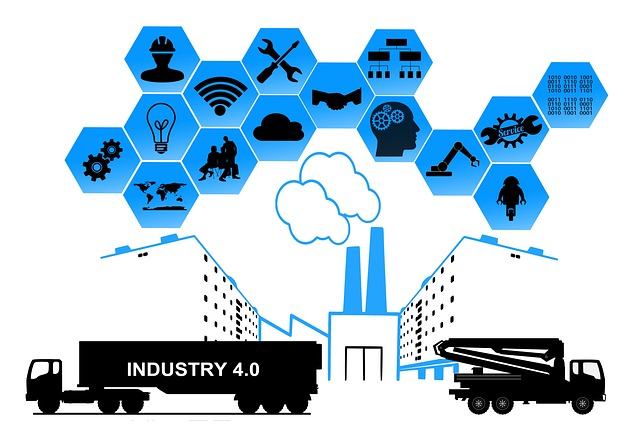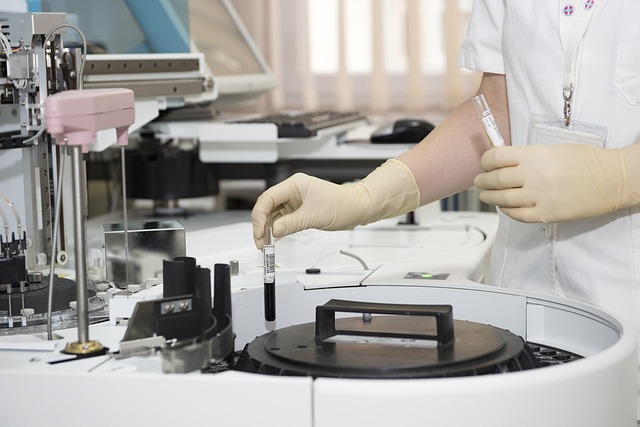The Impact of Smart Devices on Digital Transformation
In today’s fast-paced world, smart devices have become an integral part of our daily lives. They are not just gadgets; they are the tools that facilitate our engagement in a digital-first society. From smartphones to smart home systems, these devices are revolutionizing how we communicate, work, and interact with our environments. As we delve into the realm of digital transformation, it is essential to recognize the profound influence that smart devices have on this journey.
The Rise of Smart Devices
Gone are the days when technology was merely a luxury. The ever-increasing proliferation of smart devices speaks volumes about their significance in our professional and personal lives. Think about it – how often do you reach for your smartphone or smart speaker each day? This omnipresence has created a landscape where digital transformation is not just an initiative; it’s a necessity driven by consumer behavior and expectations.
Enabling Connectivity and Collaboration
Smart devices play a crucial role in facilitating seamless connectivity. In workplaces worldwide, teams are utilizing these devices to enhance collaboration, boost productivity, and simplify communication. With the integration of cloud technology, employees can access critical information anytime, anywhere, using their devices. This flexibility not only enables remote work but also fosters a culture of innovation as teams can brainstorm and share ideas in real-time, regardless of geographical boundaries.
Data-Driven Insights
Another significant aspect of the digital transformation landscape is data. Smart devices are constantly collecting and analyzing data, providing insights that drive informed decision-making. Businesses can leverage this data to understand customer behavior, streamline operations, and develop personalized experiences. In a world where data is currency, the ability to harness insights through connected devices empowers companies to adapt quickly to changing market dynamics.
Transforming Customer Experiences
The impact of smart devices extends beyond internal processes; they fundamentally reshape the way businesses interact with customers. With features like mobile applications and IoT devices, companies can create immersive and engaging experiences. Imagine a scenario where your smart refrigerator suggests recipes based on leftover items or where virtual assistants can handle customer inquiries instantly. These innovations not only enhance customer satisfaction but also establish a deeper connection between brands and consumers.
Challenges and Opportunities
While the benefits of smart devices in digital transformation are evident, there are challenges to address. Security concerns, data privacy issues, and the need for continuous adaptation to emerging technologies must be navigated carefully. However, these challenges also present opportunities for businesses to innovate and build trust with their customers through transparent practices and robust security measures.
As we continue to embrace the digital age, the interplay between smart devices and digital transformation will only intensify. The journey is ongoing, and organizations that understand the value of smart devices will lead the charge, shaping the future of business, technology, and customer engagement.




